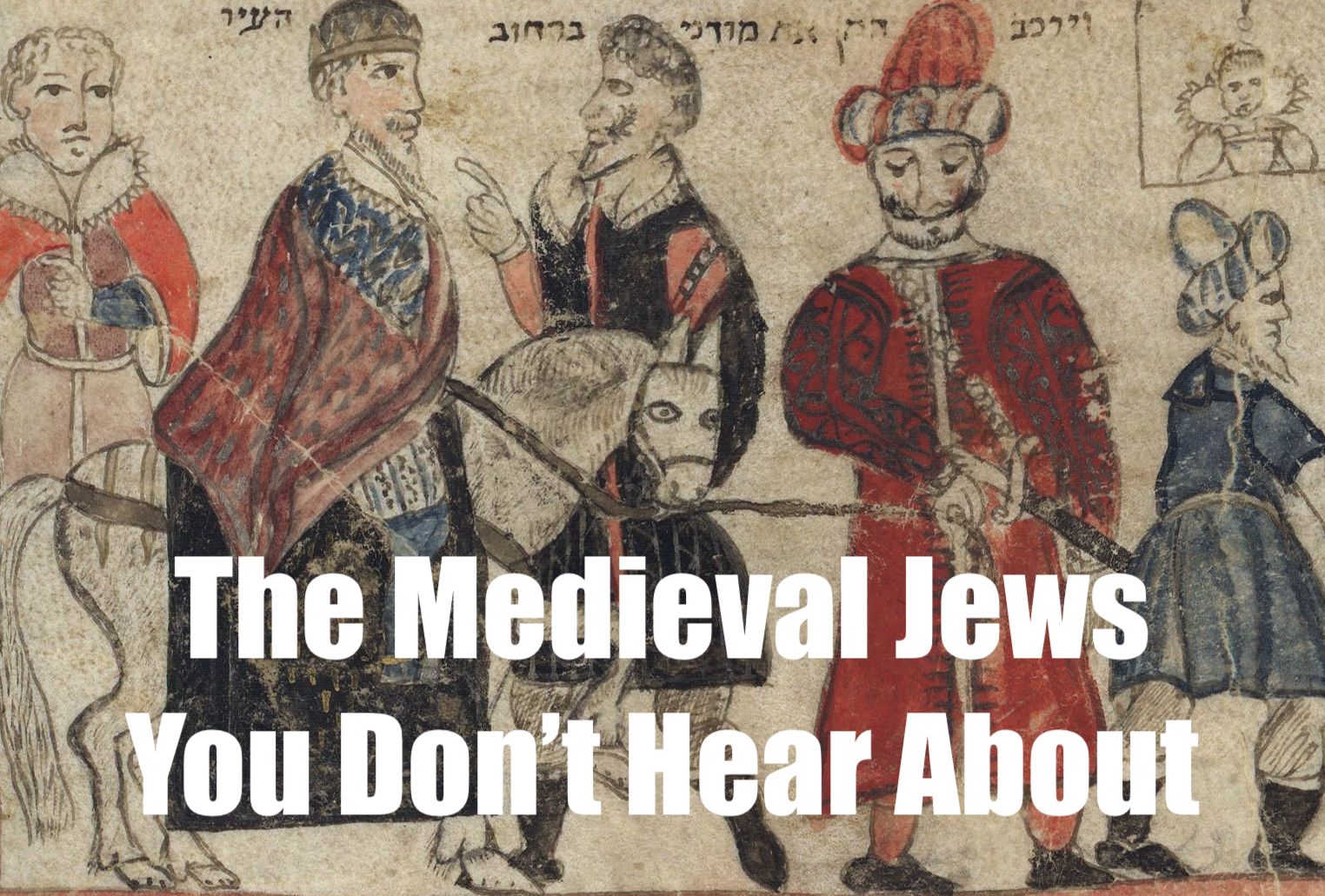
"Scholars and victims, important as both are, risk viewing medieval Jews as a subordinate segment of Christian societyânot a thriving community that comprised part of a larger medieval world."
"Where are the scholars and victims when Jewish and Christian women in Ashkenaz traded dresses with each other to expand their wardrobe options?"
"Let the reader not hold against me any faults that may be."
"Spanish rabbi Bahya ben Asher was proud to claim medieval Jewish identity as "servants of kings, not servants of men": advisors and scholars, not laborers."
The article discusses the nuanced historical role of Jews during the Middle Ages, particularly highlighting the underrepresentation of Jewish women. While Jewish men are often portrayed as intellectuals and scholars, women are frequently relegated to the status of victims. The piece critiques the binary narrative of Jews as either scholars or victims, calling attention to the vibrant community dynamics, such as cultural exchanges between Jewish and Christian women in Ashkenaz and the literary contributions of Jewish individuals like Miriam. It urges a broader understanding of Jews' roles beyond mere subordination to Christian society.
Read at Medievalists.net
Unable to calculate read time
Collection
[
|
...
]